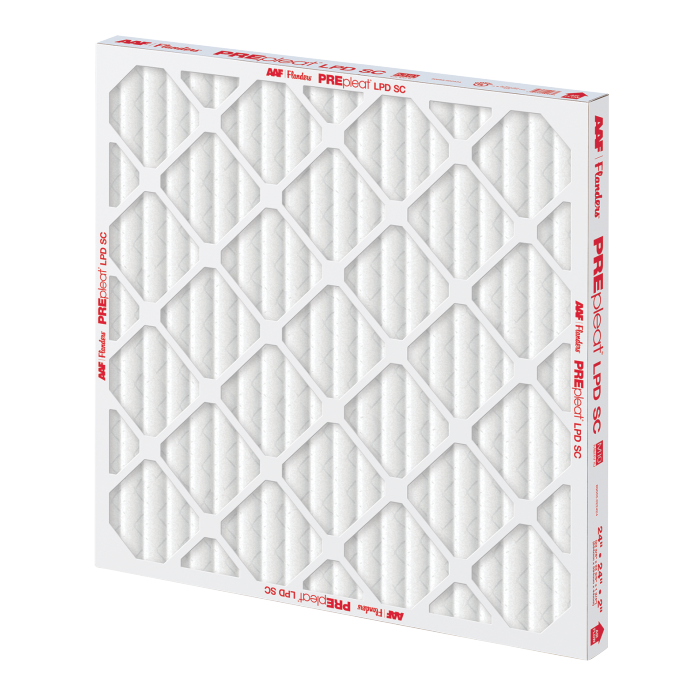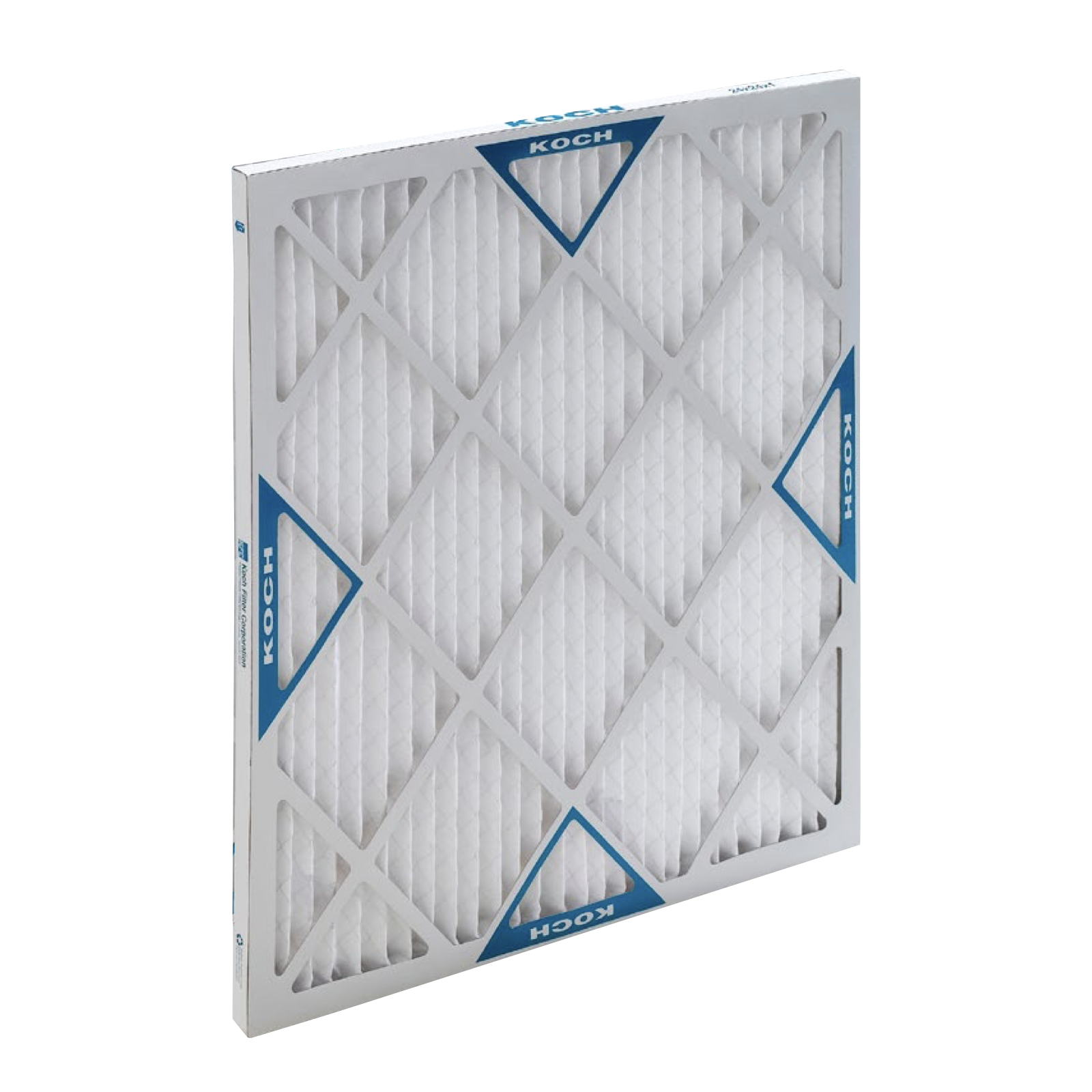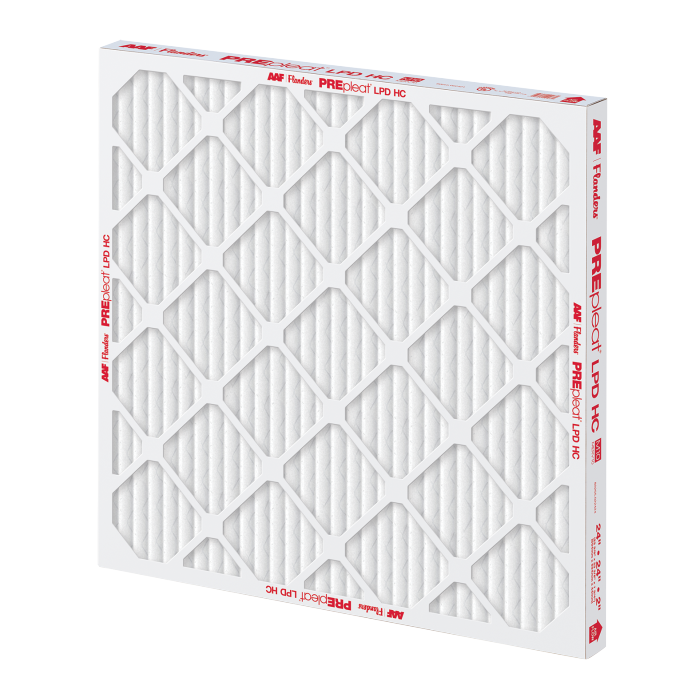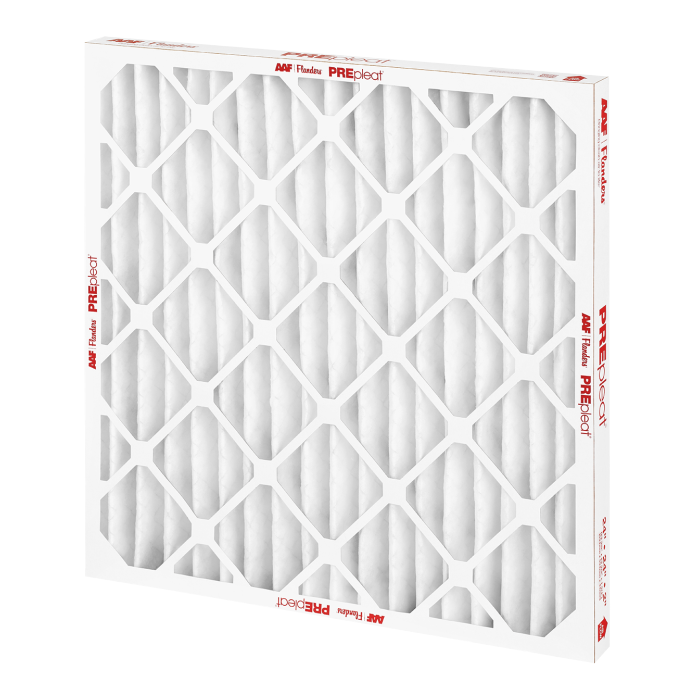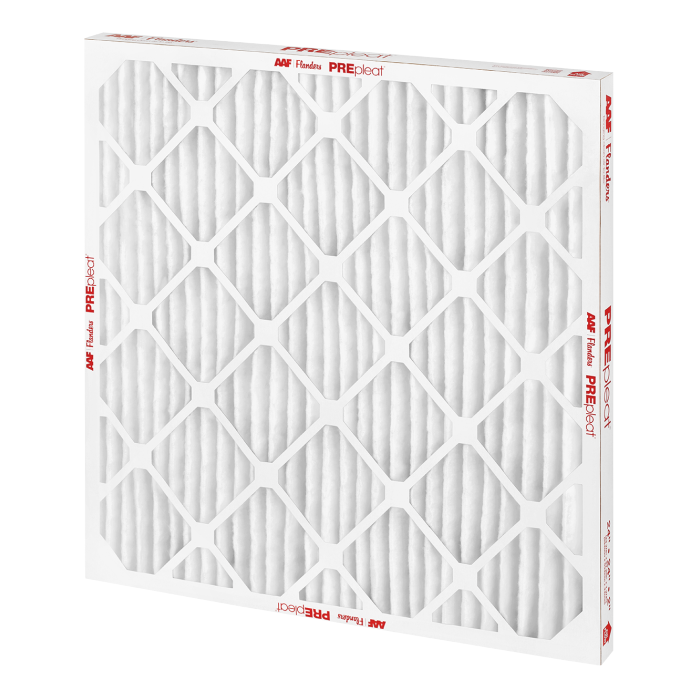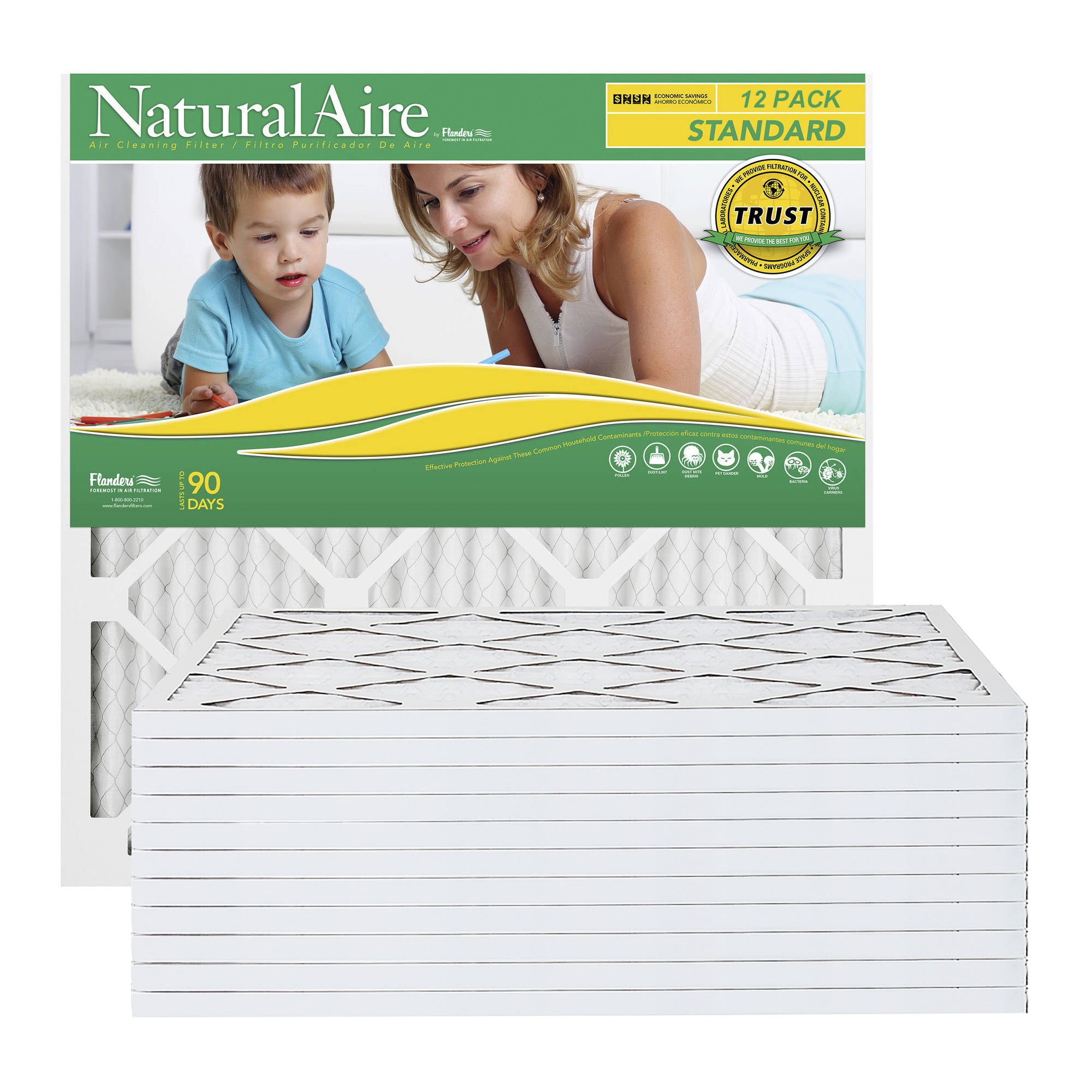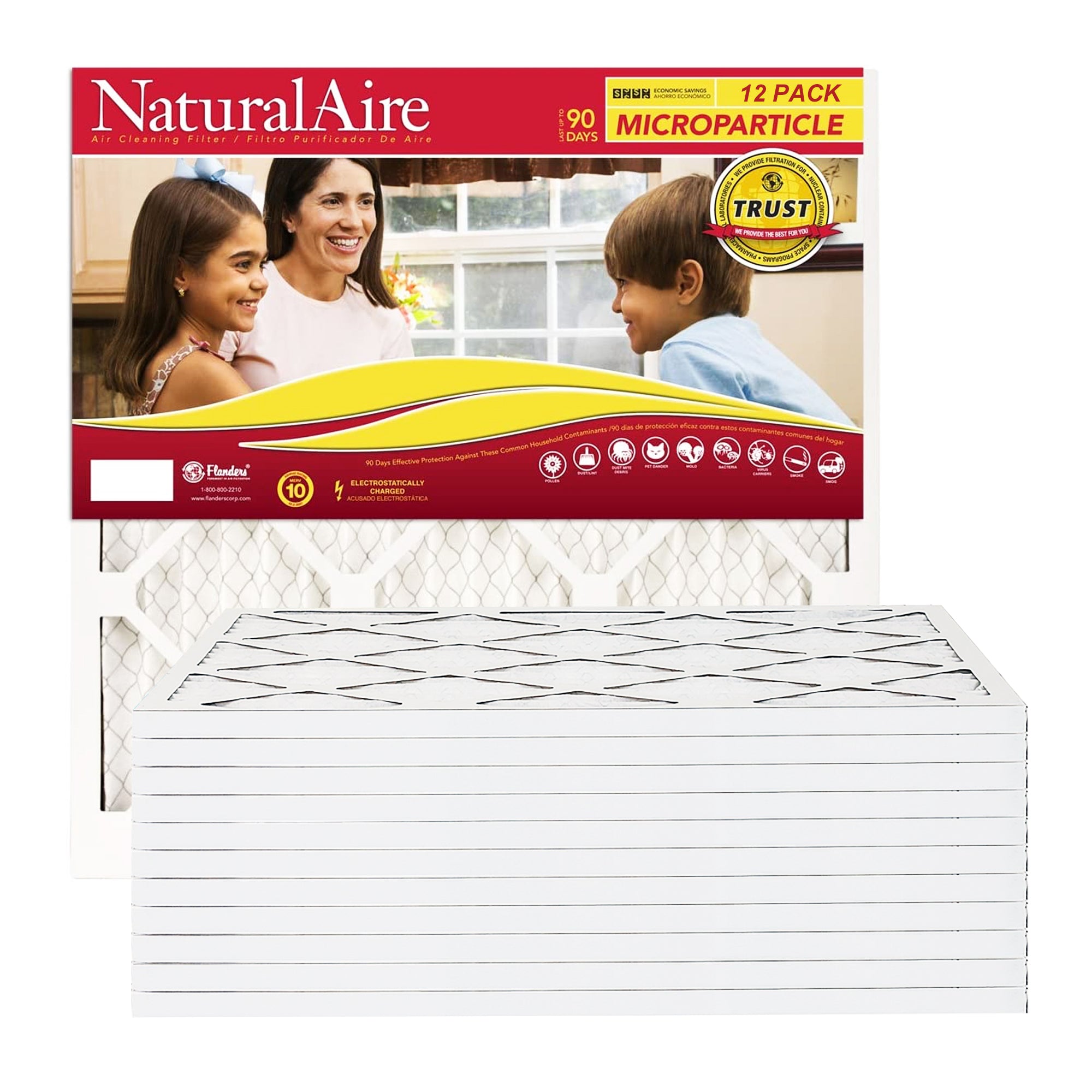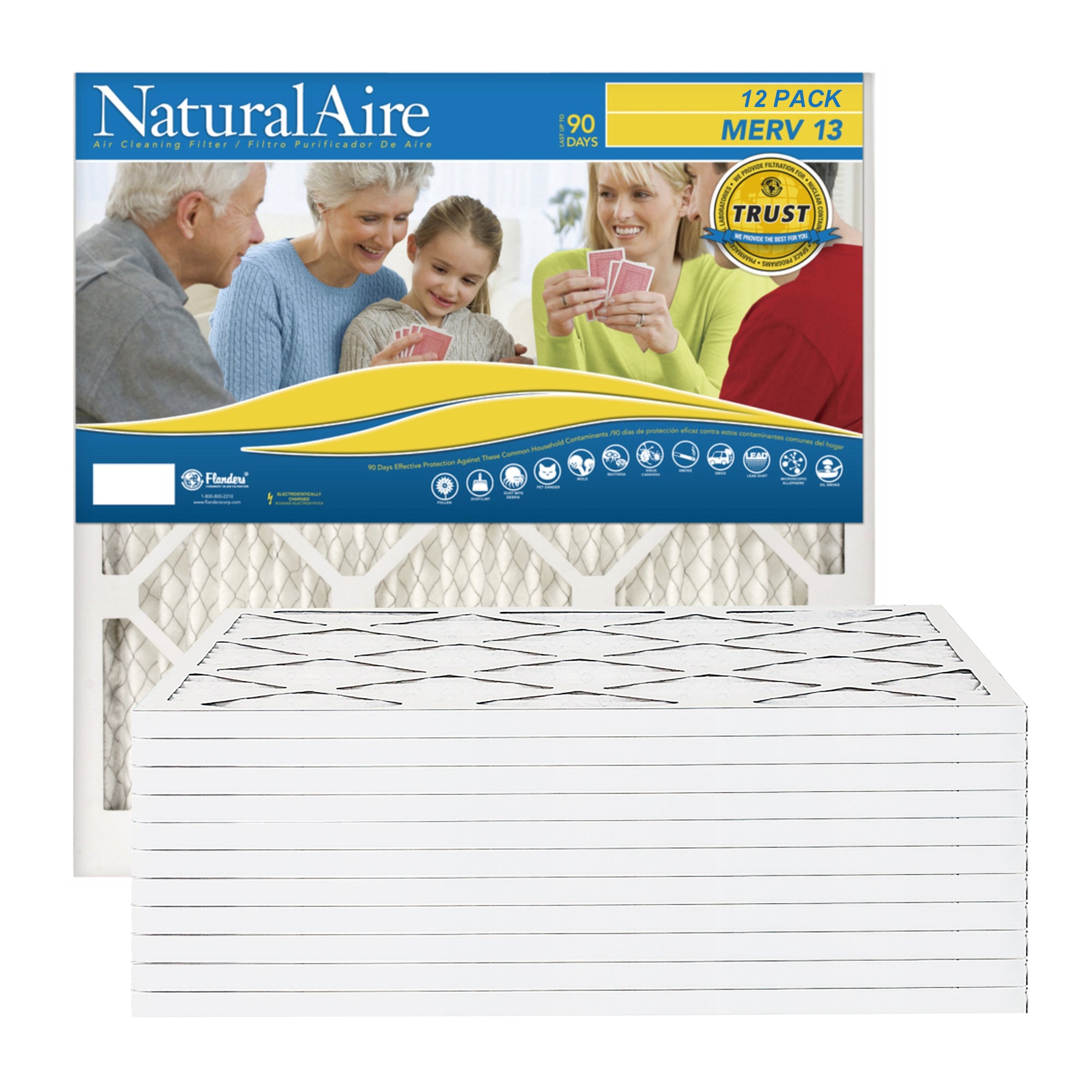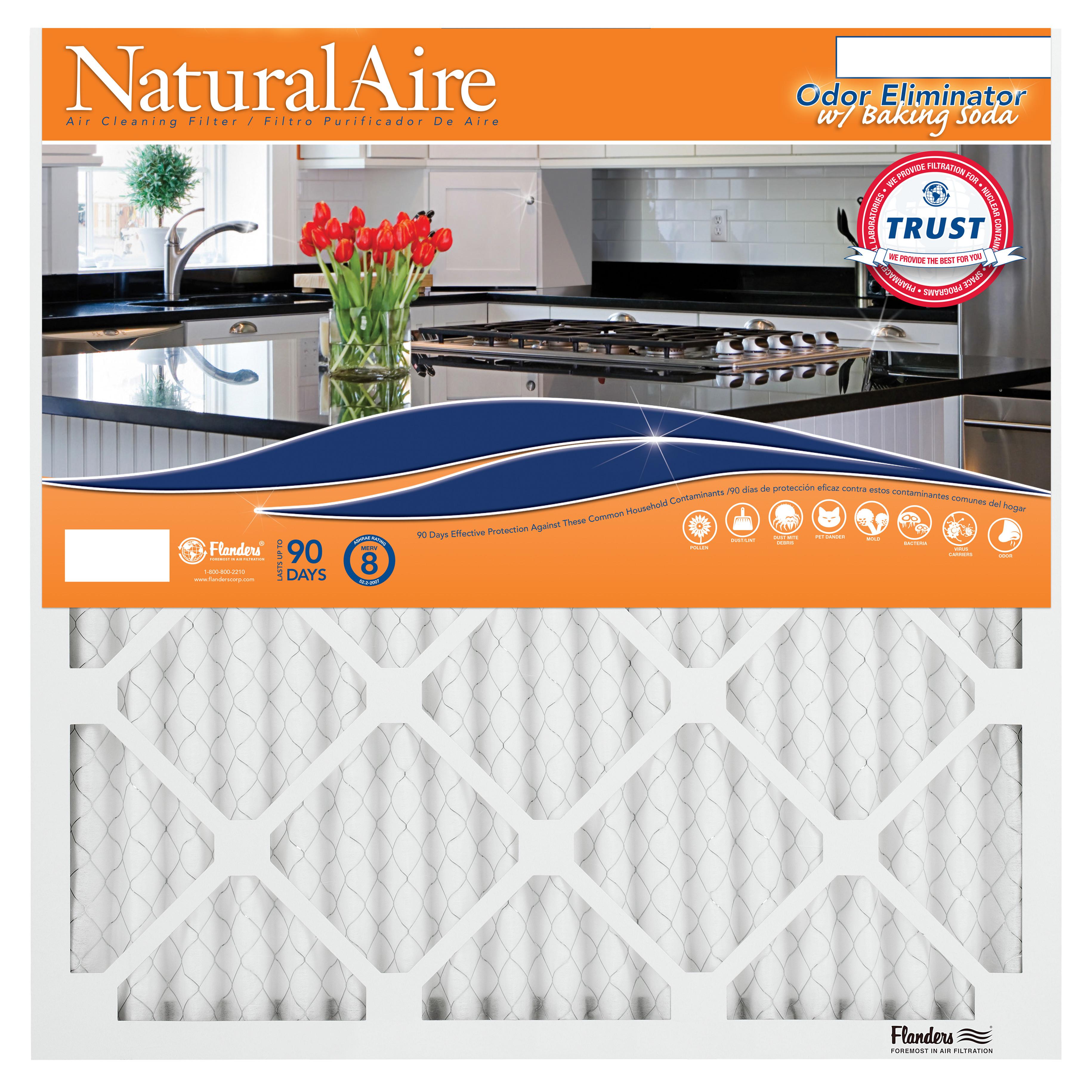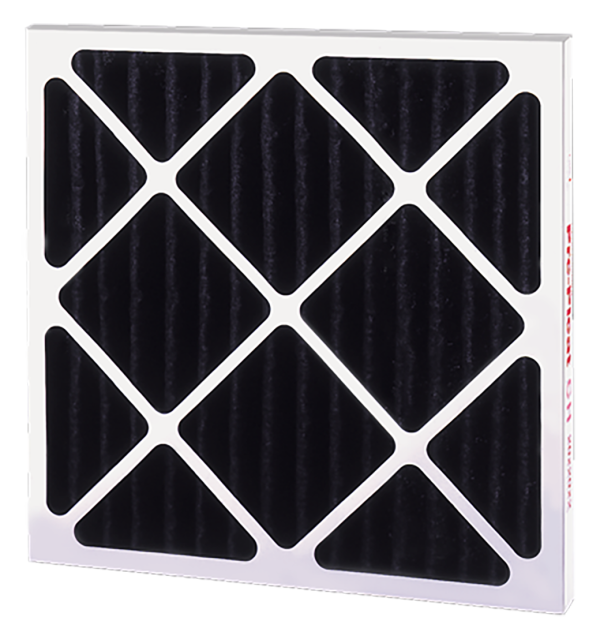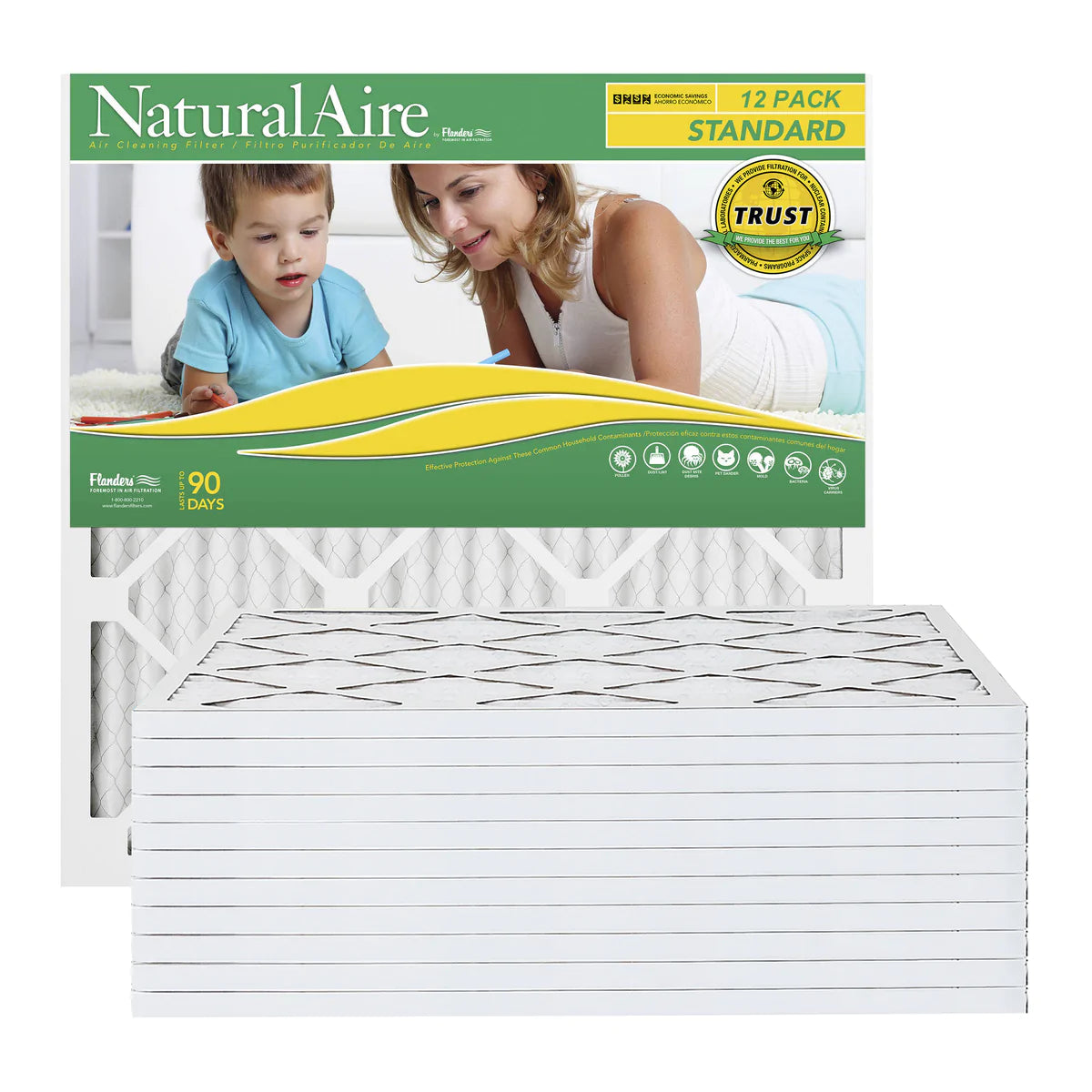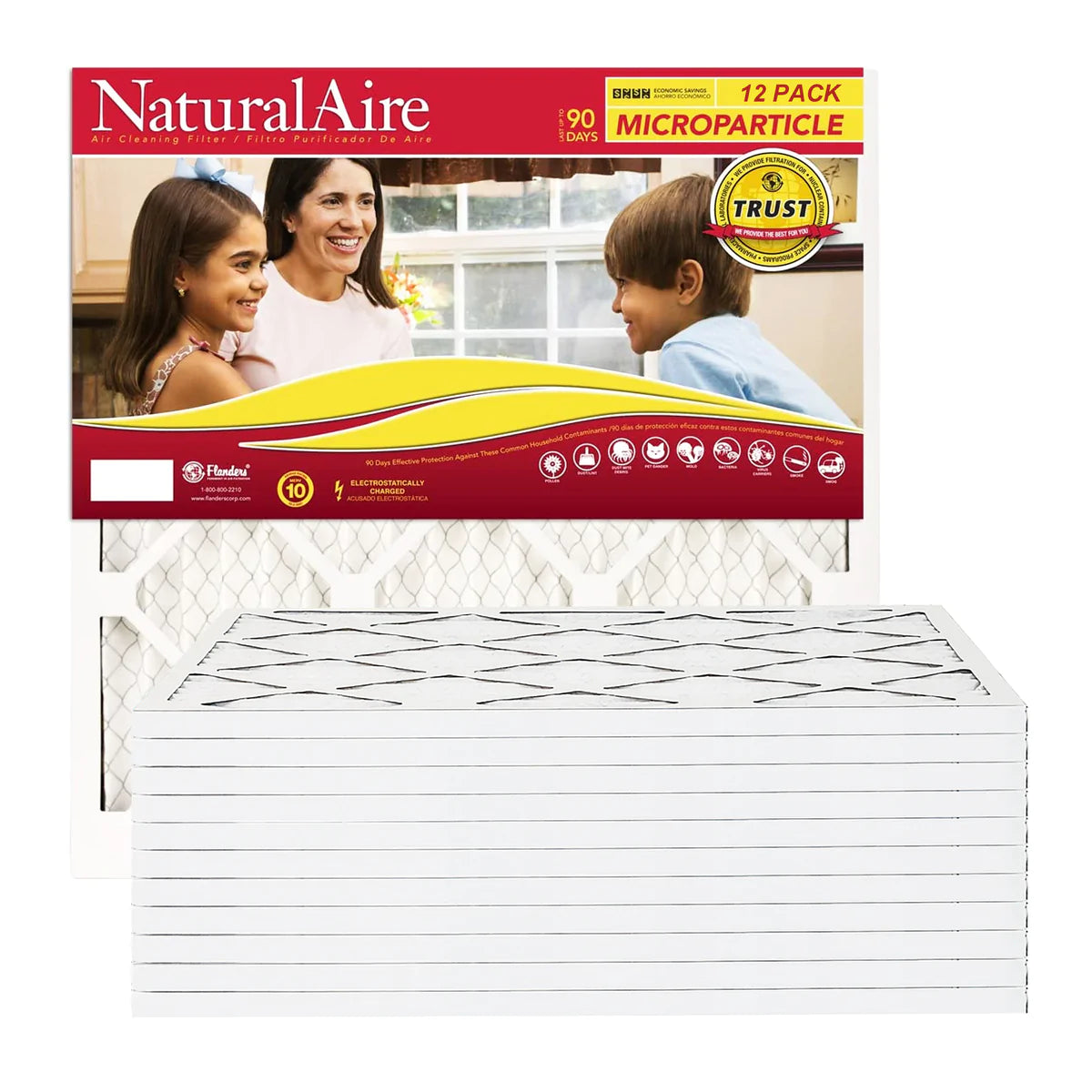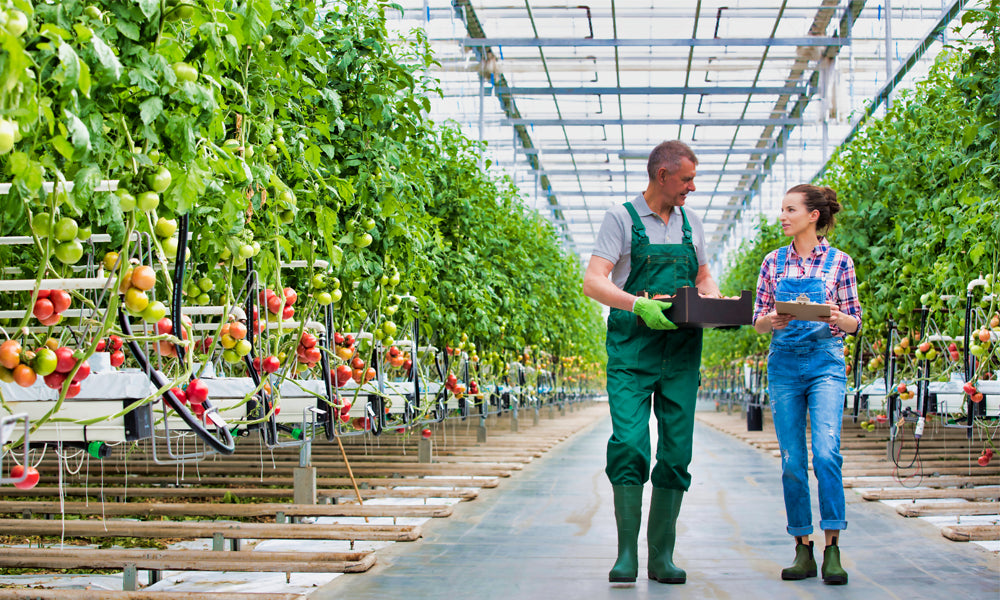A heat pump and furnace are both heating systems, but they differ in how they produce heat and their energy efficiency.
A furnace is a heating system that is powered by natural gas, propane, or electricity, to create heat. The heat is then distributed through ducts to warm the air in the rooms of a home. Furnaces are often used in colder climates where temperatures drop below freezing. They create heat quickly and can provide hot air at a high temperature, making them a reliable source of heat on cold winter days. However, because they rely on a power source, they can be expensive to operate and may produce greenhouse gas emissions if running on propane or natural gas that contribute to climate change.
On the other hand, a heat pump is an energy-efficient heating system that works by transferring heat from one location to another. It uses electricity to move heat from outdoors to indoors during the winter months, and from indoors to outdoors during the summer months. Heat pumps are often used in moderate climates where temperatures rarely drop below freezing. They are highly efficient and can save homeowners money on their energy bills. Additionally, because they do not rely on burning fuel, they produce fewer greenhouse gas emissions and are a more environmentally-friendly option.
One significant advantage of heat pumps is that they can also be used as an air conditioner during the summer months, providing both heating and cooling in one system. This makes them a versatile and convenient option for homeowners. However, heat pumps can be less effective at heating a home during extremely cold temperatures, and may require supplemental heating in some climates.
In conclusion, the main difference between a heat pump and a furnace is the way they produce heat. Furnaces burn fuel to create heat, while heat pumps transfer heat from one location to another. Heat pumps are more energy-efficient and environmentally friendly, but may not be as effective in extremely cold temperatures. In northern states or colder climates you will often find heat pumps working in tandem with a furnace to maximize efficiency and comfort. Furnaces are reliable sources of heat in cold climates, but can be expensive to operate and produce greenhouse gas emissions. Ultimately, the choice between a heat pump and furnace depends on the climate, energy efficiency goals, and personal preferences of the homeowner.


